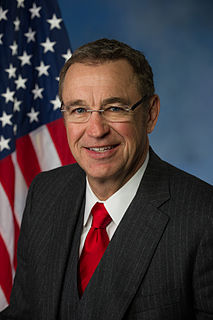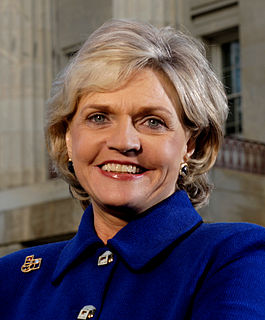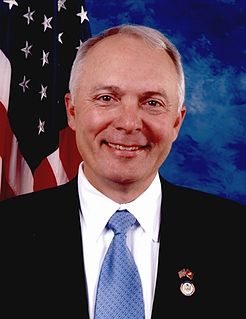A Quote by Sebastian Thrun
If you focus on the single question of who knows best what students need in the workforce, it's the people already in the workforce. Why not give industry a voice?
Related Quotes
I think the best value to leaders is understanding the generations for the purpose of integrating a younger workforce and transferring knowledge from an experienced workforce. I also think smaller companies may not have the resources for management training or recruiting and therefore there is not a lot of margin for error.
What I hear from employers day in and day out is, 'I need to make sure I have that skilled workforce to compete.' And so we've been able to help so many people punch their ticket to the middle class by transforming our workforce development system for advanced manufacturing jobs and other critical jobs that exist right now.





































